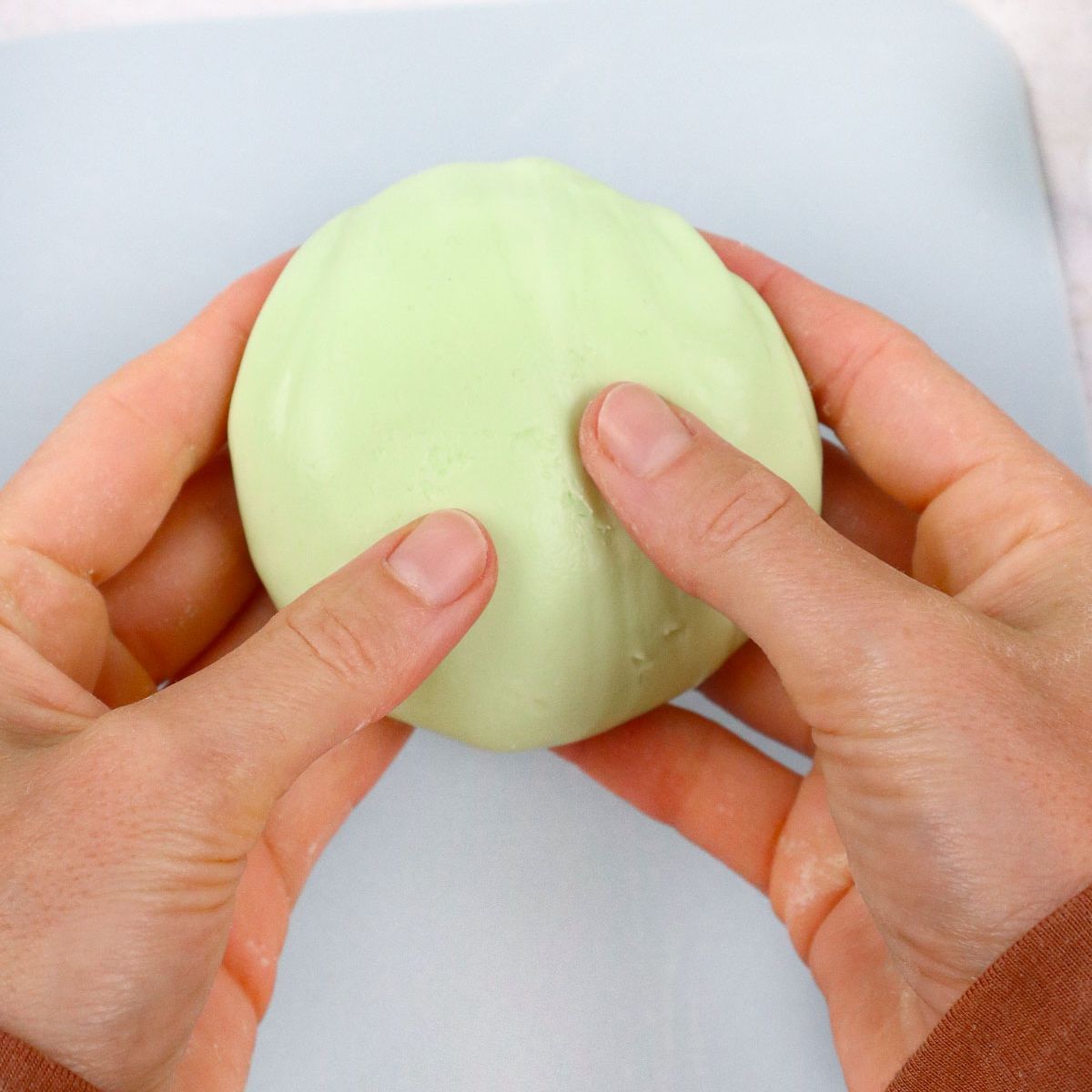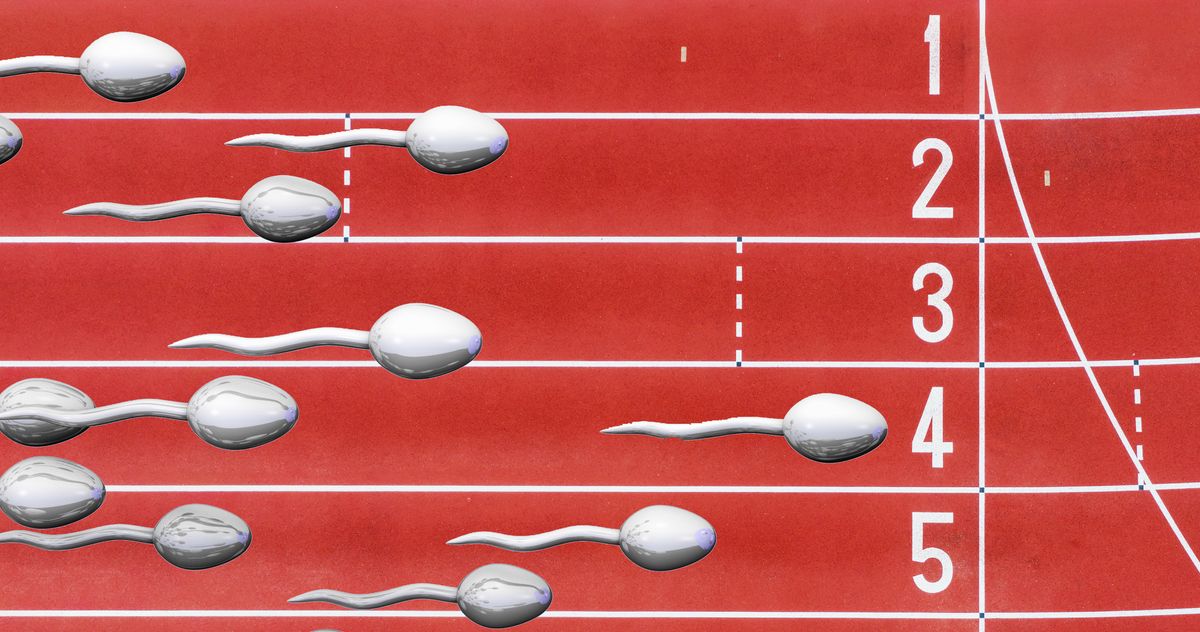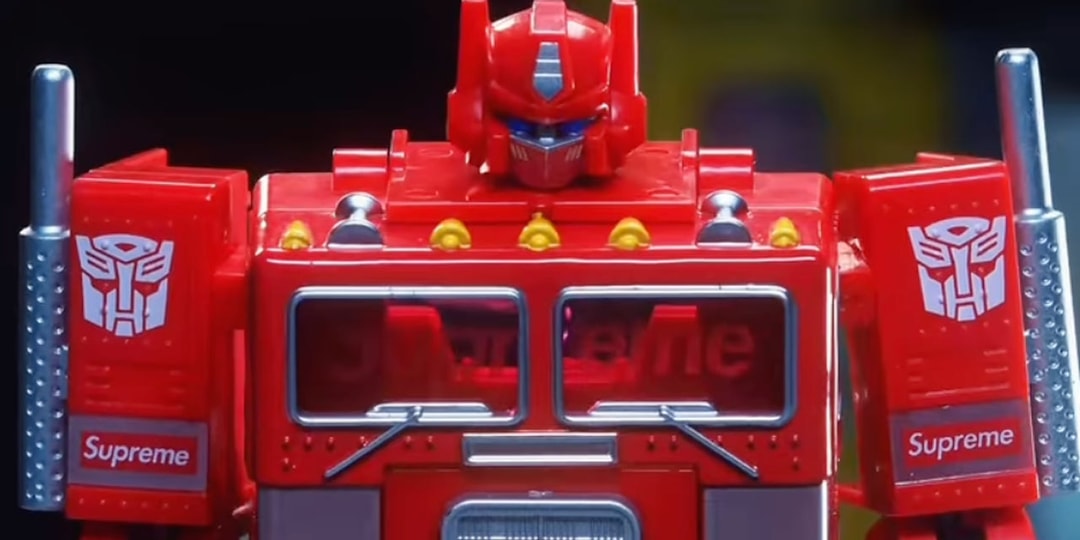Got a fancy Nvidia RTX graphics card? Check your power cable, stat
We may be smack-dab in the middle of a huge new controversy surrounding Nvidia's flagship-level GPUs: both the RTX 5000 and the RTX 4000 series cards. In what seems like a growing number of cases, users discover that the GPUs' 12VHPWR cable is prone to extreme heat buildup and burning. As Nvidia users will already know by now, the company moved on from the tried-and-true 8-pin PSU cables with the GeForce RTX 4000 series cards. The new standardized cable is the now-infamous 12VHPWR cable, and it's been a poor showing all around. As of RTX 4000, users have had to double and triple-check that the connector is fully seated due to it being prone to meltdowns. The standard has since been updated a tad to be more secure, but the new RTX 5080 and RTX 5090 GPUs come with their own set of problems. In fact, recent reports suggest that the 12VHPWR is once again leading to meltdowns, as per information from der8auer, of all people. https://www.youtube.com/watch?v=Ndmoi1s0ZaY Nvidia's 12VHPWR power cable may well be a fire hazard for halo-tier GPUs PC hardware engineer and YouTuber Roman Hartung, known under his der8auer alias, has discovered that the Nvidia GeForce RTX 5090 with a 12VHPWER cable may be prone to extreme overheating. Specifically, the connector itself reached temperatures of over 150 degrees Celsius, and the issue may have something to do with how it handles current distribution. Note, too, that der8auer's report comes mere days after the first known example of a 12VHPWR connector melting down in a Founder's Edition RTX 5090. The unlucky user sent over his damaged hardware to der8auer for him to check out, which then led to the creation of the video featured above. It's not a good look at all, and it's still too early to say where the problem is with absolute certainty, to boot. The problem isn't universal, either. System integrator company Falcon Northwest has posted on Reddit showing proof that they haven't been able to replicate der8auer's findings in any meaningful way. This means that we may be looking at a localized issue of some sort (i.e. a faulty batch of GPUs), but more testing is necessary before we know for sure. https://www.reddit.com/r/nvidia/comments/1inefq4/some_words_re_12vhpwr_testing_from_system/ If you've decided to skip the cutting-edge RTX 5000 GPUs because you've got a high-end RTX 4000 card, don't be so sure that you're a-ok, either. Gaming website DSO Gaming reports that their test-rig RTX 4090 has been having similar problems, even though its 12VHPWR connector has been fully seated. The poor thing melted down in its socket, only to continue working as if nothing happened. Had they not checked their rig, they might never have known something was amiss, so be sure that you do the same just to be safe. So far, only the top end of Nvidia's product lineup appears to be affected. This makes sense, too, because the halo-level RTX products draw an unholy amount of power when you take transient spikes into consideration. The more power a GPU draws, the more heat it has to dissipate. It is a tad ridiculous to see that the problem may actually be with the power connector this time around rather than the GPU itself. On a final note, just do yourself a favor and check your GPU power cables when the opportunity shows. It costs you literally nothing to do so, and as the DSO Gaming example shows, it's seemingly possible for the power cable to power through (ha-ha) the burning and continue working without the end user ever noticing something was up. House fires are a huge no-no for obvious reasons, and until we know for sure what the heck is going on, a tiny bit of vigilance may be the way to go. These problems don't seem to be present on lower-end graphics cards (i.e., the 4070 lineup and below), but check just to be sure because the 12VHPWR power cable is more and more suspicious as time goes on. The post Got a fancy Nvidia RTX graphics card? Check your power cable, stat appeared first on Destructoid.
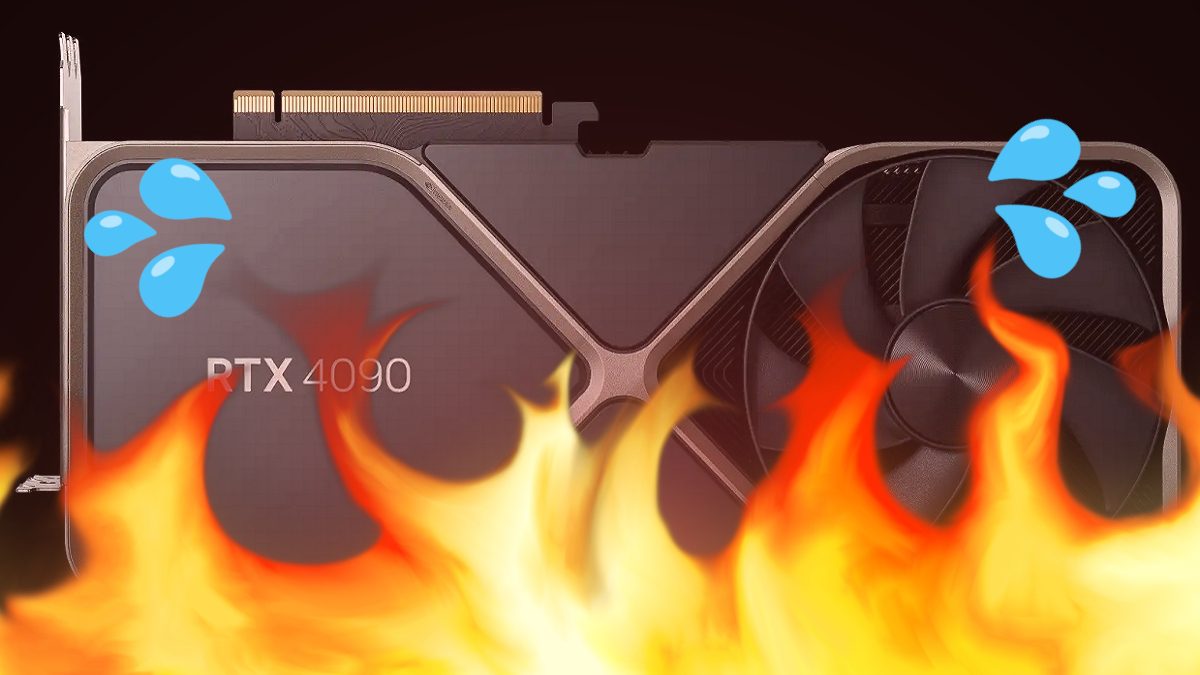

We may be smack-dab in the middle of a huge new controversy surrounding Nvidia's flagship-level GPUs: both the RTX 5000 and the RTX 4000 series cards. In what seems like a growing number of cases, users discover that the GPUs' 12VHPWR cable is prone to extreme heat buildup and burning.
As Nvidia users will already know by now, the company moved on from the tried-and-true 8-pin PSU cables with the GeForce RTX 4000 series cards. The new standardized cable is the now-infamous 12VHPWR cable, and it's been a poor showing all around. As of RTX 4000, users have had to double and triple-check that the connector is fully seated due to it being prone to meltdowns. The standard has since been updated a tad to be more secure, but the new RTX 5080 and RTX 5090 GPUs come with their own set of problems. In fact, recent reports suggest that the 12VHPWR is once again leading to meltdowns, as per information from der8auer, of all people.
Nvidia's 12VHPWR power cable may well be a fire hazard for halo-tier GPUs
PC hardware engineer and YouTuber Roman Hartung, known under his der8auer alias, has discovered that the Nvidia GeForce RTX 5090 with a 12VHPWER cable may be prone to extreme overheating. Specifically, the connector itself reached temperatures of over 150 degrees Celsius, and the issue may have something to do with how it handles current distribution.
Note, too, that der8auer's report comes mere days after the first known example of a 12VHPWR connector melting down in a Founder's Edition RTX 5090. The unlucky user sent over his damaged hardware to der8auer for him to check out, which then led to the creation of the video featured above. It's not a good look at all, and it's still too early to say where the problem is with absolute certainty, to boot.
The problem isn't universal, either. System integrator company Falcon Northwest has posted on Reddit showing proof that they haven't been able to replicate der8auer's findings in any meaningful way. This means that we may be looking at a localized issue of some sort (i.e. a faulty batch of GPUs), but more testing is necessary before we know for sure.
If you've decided to skip the cutting-edge RTX 5000 GPUs because you've got a high-end RTX 4000 card, don't be so sure that you're a-ok, either. Gaming website DSO Gaming reports that their test-rig RTX 4090 has been having similar problems, even though its 12VHPWR connector has been fully seated. The poor thing melted down in its socket, only to continue working as if nothing happened. Had they not checked their rig, they might never have known something was amiss, so be sure that you do the same just to be safe.
So far, only the top end of Nvidia's product lineup appears to be affected. This makes sense, too, because the halo-level RTX products draw an unholy amount of power when you take transient spikes into consideration. The more power a GPU draws, the more heat it has to dissipate. It is a tad ridiculous to see that the problem may actually be with the power connector this time around rather than the GPU itself.
On a final note, just do yourself a favor and check your GPU power cables when the opportunity shows. It costs you literally nothing to do so, and as the DSO Gaming example shows, it's seemingly possible for the power cable to power through (ha-ha) the burning and continue working without the end user ever noticing something was up. House fires are a huge no-no for obvious reasons, and until we know for sure what the heck is going on, a tiny bit of vigilance may be the way to go. These problems don't seem to be present on lower-end graphics cards (i.e., the 4070 lineup and below), but check just to be sure because the 12VHPWR power cable is more and more suspicious as time goes on.
The post Got a fancy Nvidia RTX graphics card? Check your power cable, stat appeared first on Destructoid.































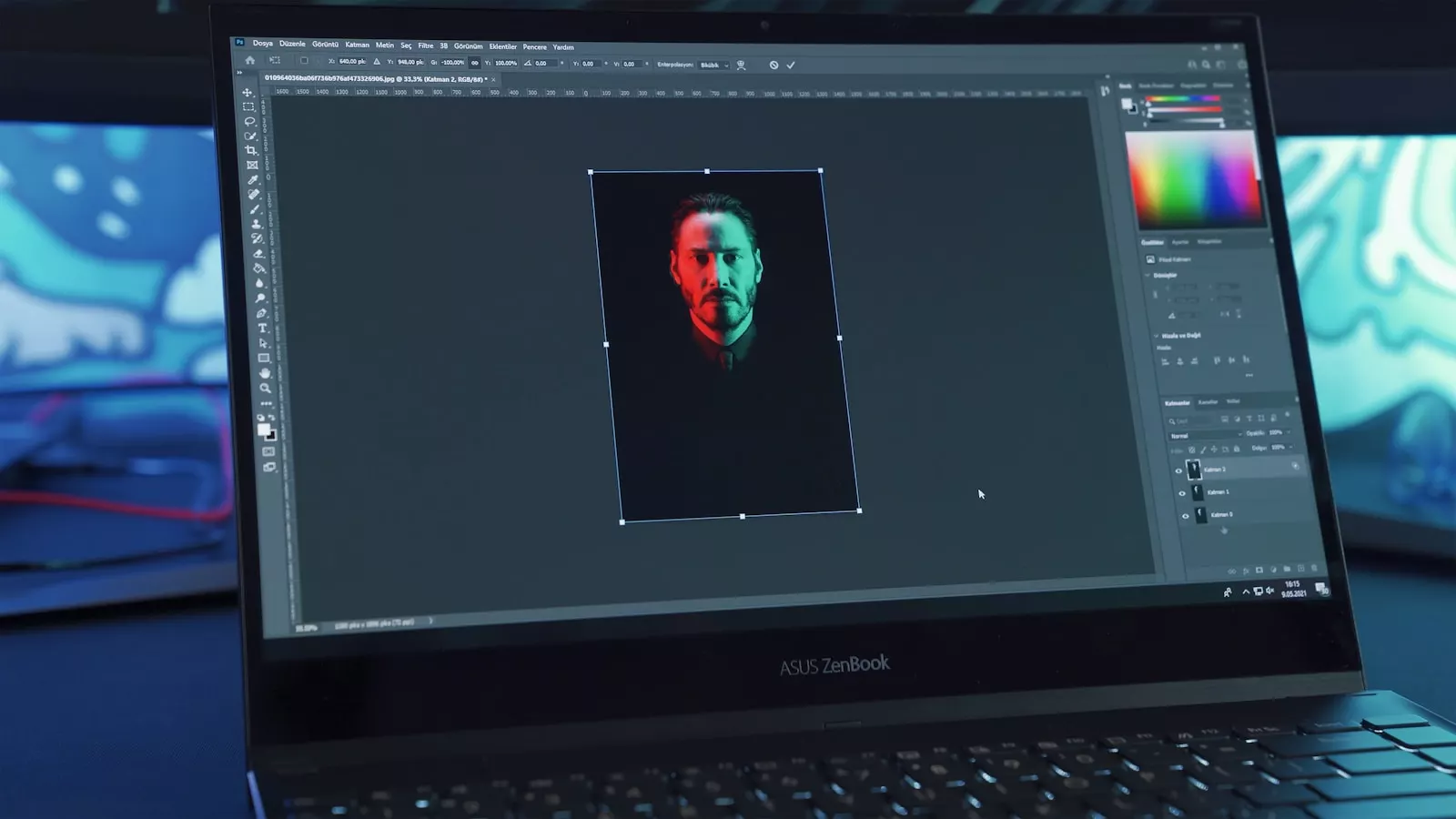




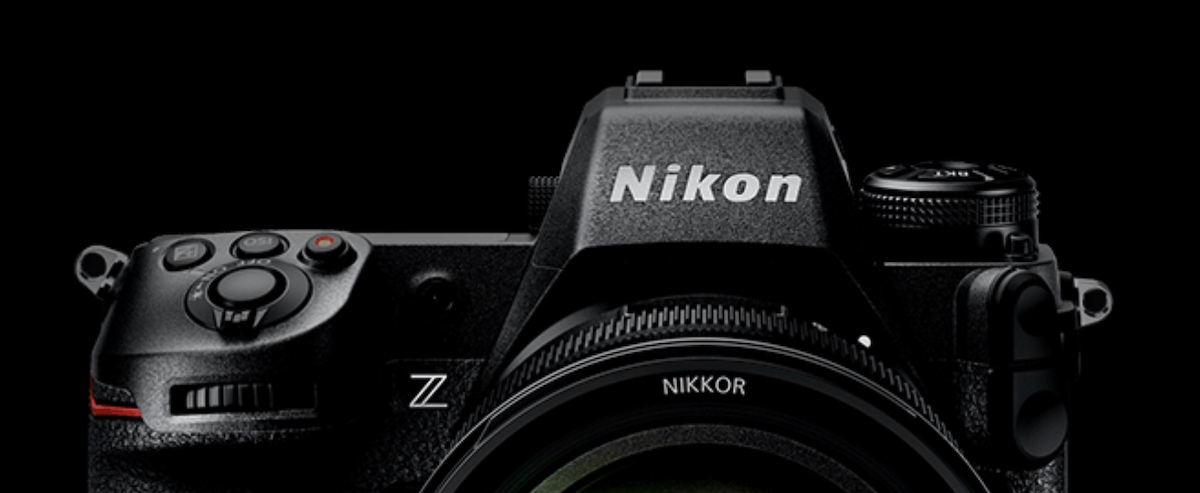













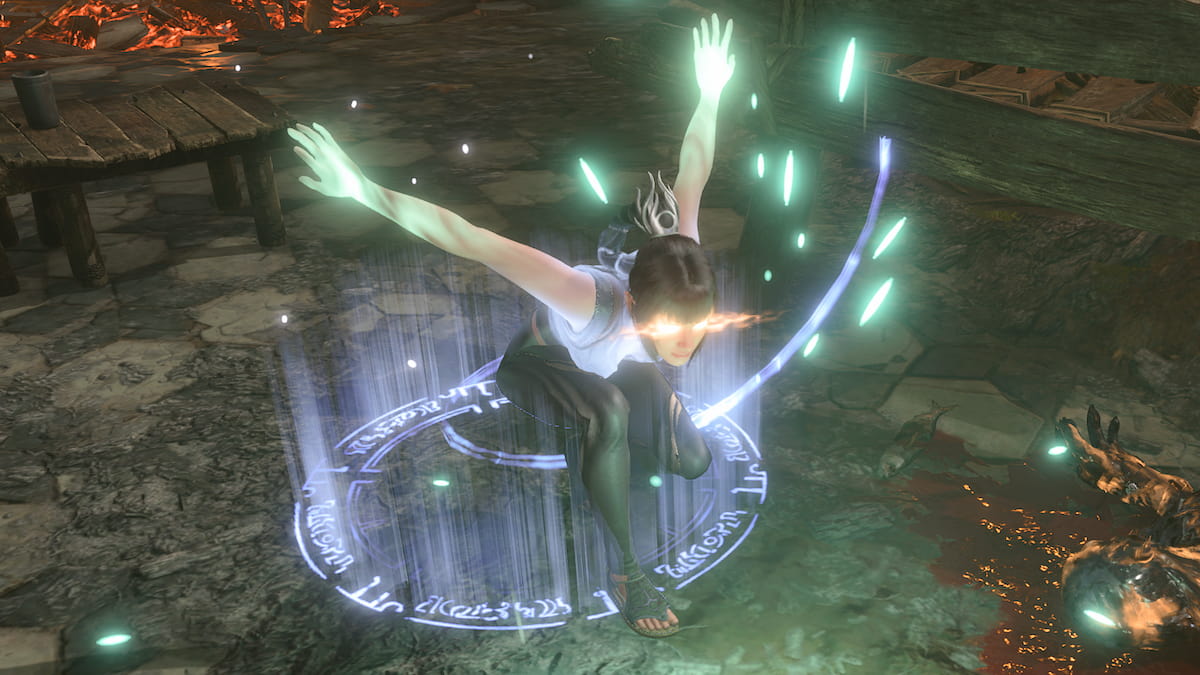






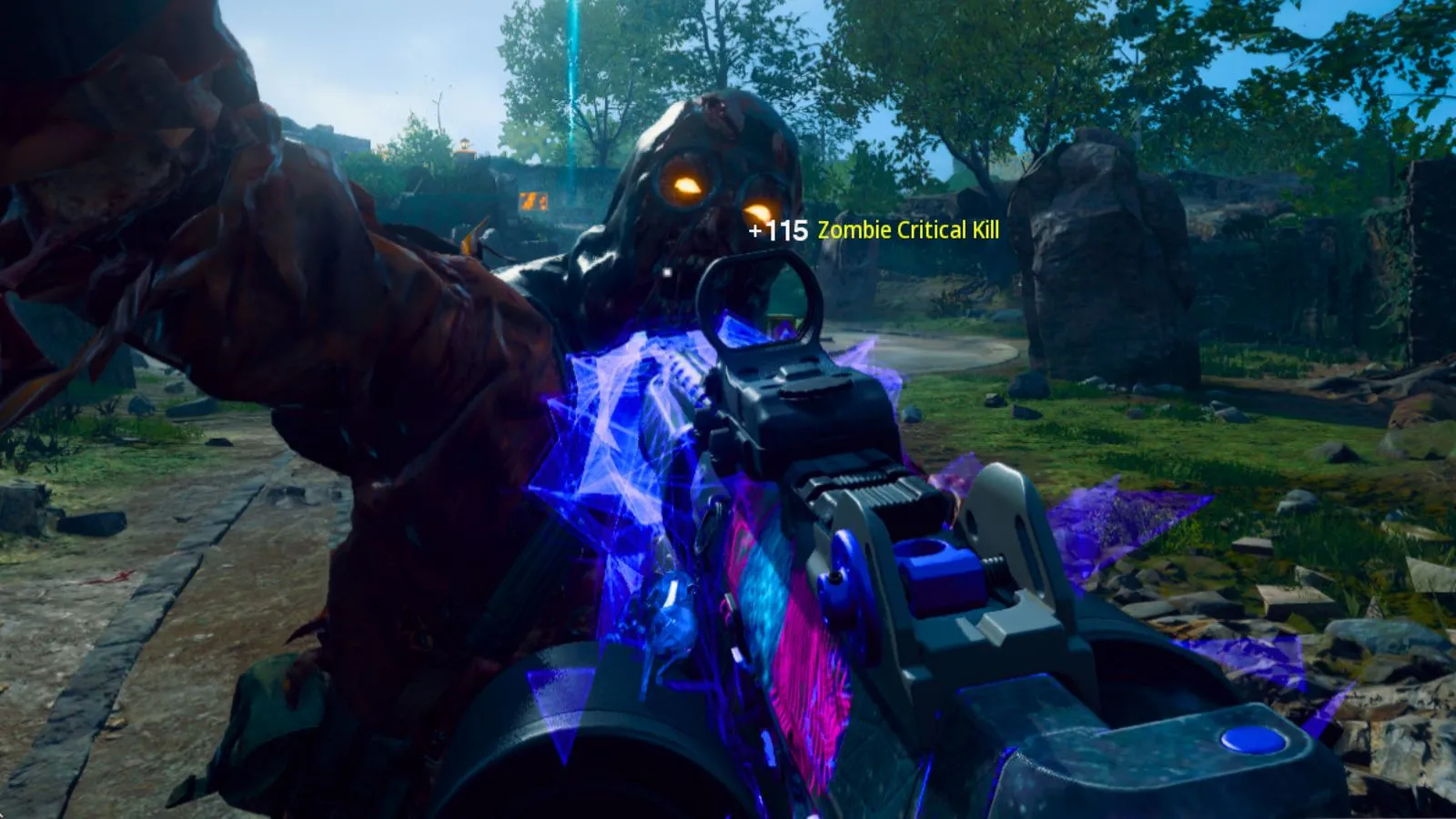



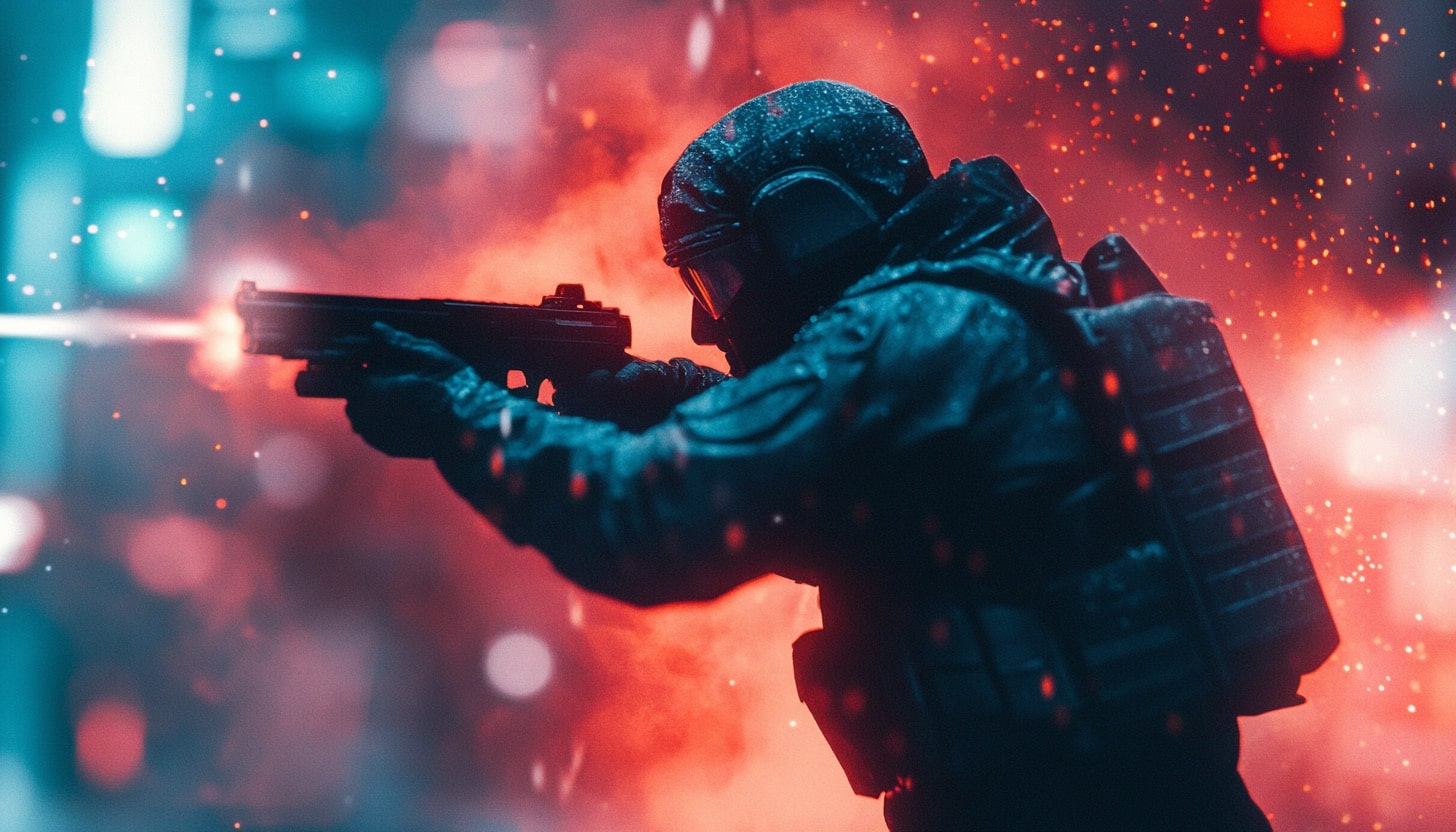
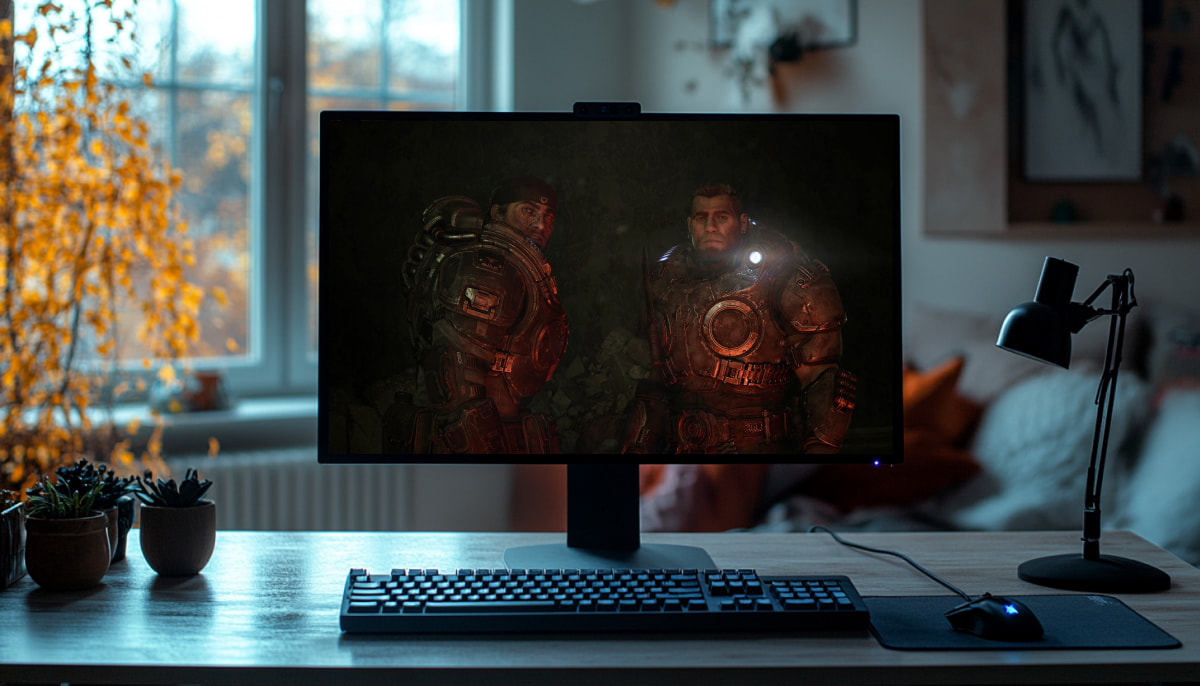


-Baldur’s-Gate-3-The-Final-Patch---An-Animated-Short-00-03-43.png?width=1920&height=1920&fit=bounds&quality=70&format=jpg&auto=webp#)































